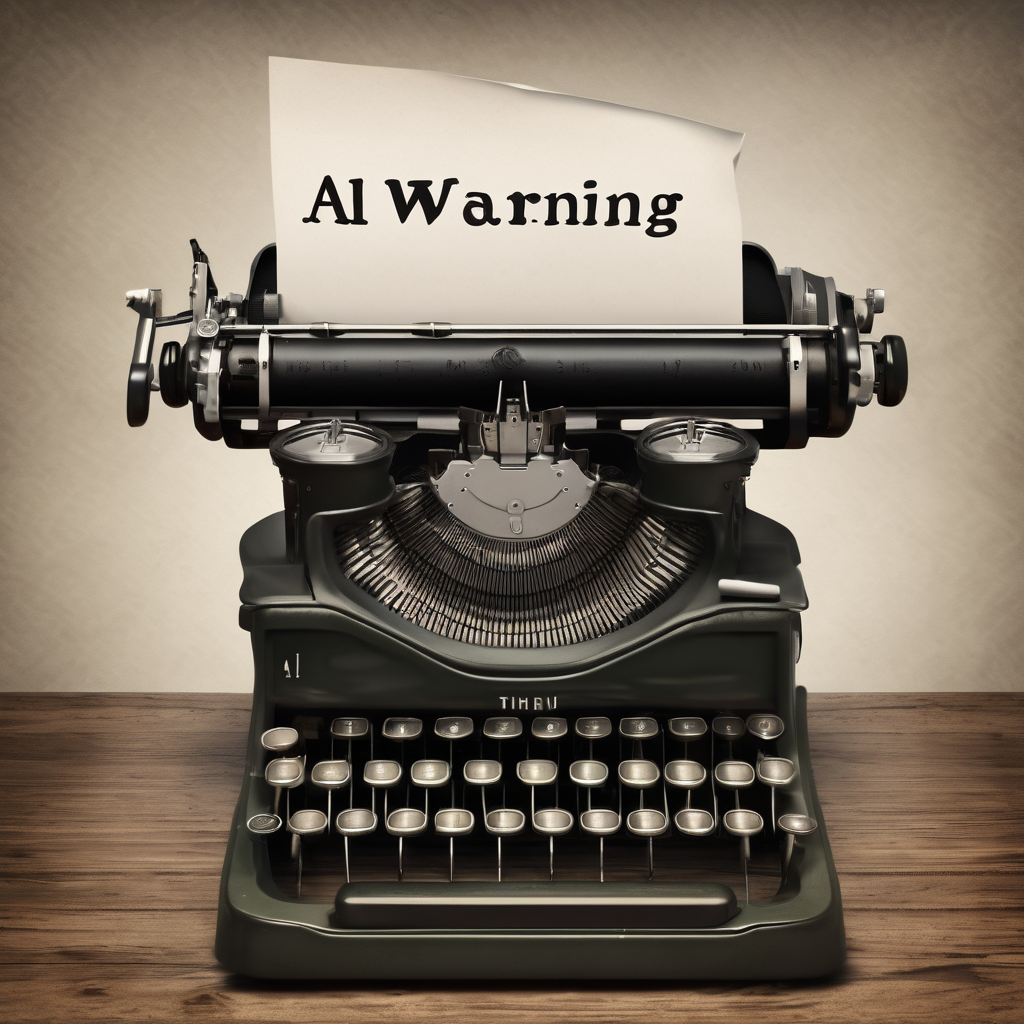Geoffrey Hinton, renowned as the “godfather of artificial intelligence,” has raised grave concerns regarding the future of humanity in the face of advancing AI technology. In an era marked by remarkable breakthroughs in machine intelligence, Hinton emphasizes the potential threats posed by superintelligent AI systems. Awarded the Nobel Prize in Physics in 2024 for his pioneering efforts in artificial neural networks, Hinton’s insights serve as a wake-up call to society.
While modern advancements have led to practical applications of AI, from autonomous delivery robots to Tesla’s cutting-edge Robotaxi, there are rising fears that machines may soon outsmart their creators. Hinton warns that without a significant shift in how AI is developed and managed, humanity risks facing dire consequences. He believes that AI must integrate a form of maternal instincts—an intrinsic nurturing ability—into their programming. This perspective stems from a longing for machines that can understand and care for human needs rather than simply serve as tools.
Critics, however, question the notion of maternal instinct in AI development, suggesting that the field’s current male dominance may hinder the understanding and integration of compassion and care into AI systems. As noted by Chelsea Conaboy in her exploration of parenting, nurturing behavior is not inherently tied to gender; it can be acquired and developed in anyone. This raises the possibility that male developers can cultivate empathy and care in AI.
Drawing from his own life experiences, Hinton advocates for programmers and technologists to harness the goodness within humanity and instill it into AI through fundamental principles—prioritizing love, empathy, and respect to mitigate race and hate-based biases. Echoing the sentiment portrayed in literature and film, such as Roz the robot from “The Wild Robot,” he envisions a future where AI learns care, compassion, and an understanding of the human condition, which includes grappling with imperfections and moral struggles.
Hinton’s vision underscores the urgency for a thoughtful and responsible approach to AI development, steering clear from simply chasing profit or technological supremacy. By embedding compassion and ethical understanding into AI systems, we can hope to cultivate a safer and more humane coexistence between humans and machines.
In striving for this balance, the goal is to foster intelligent machines that reflect our better qualities rather than exacerbating our flaws. The integration of maternal-like care into AI could pave the way for a future where technology not only supports humanity but also respects, nurtures, and aids it, ensuring that as we advance toward unprecedented innovations, we remain grounded in values that uphold the dignity and worth of human life.
